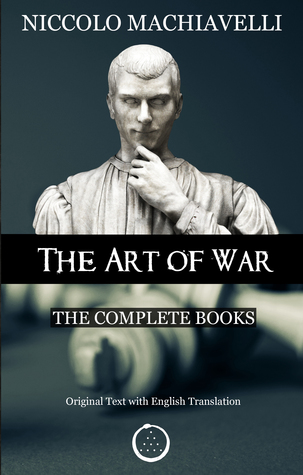

The application of Sun Tzu’s work is timeless and was not targeted at any specific political or military system. The point of focus between the two authors is the influence of time on their works. His work shows that he favored a monarchy system of government, but it is also a realistic portrayal of the competitive nature of power systems in both ancient and modern history.ĭuring that time, many monarchs ruled by decree and used violence to legitimize their claim on power when other peaceful initiatives failed.

Machiavelli’s work looked at the actions of the ruling elite in Europe when many territories were still administered as monarchies in medieval times. Therefore, he insists that a ruler should seek to achieve only one objective: to acquire power and to maintain his position without showing any weaknesses to his opponents. More importantly, Machiavelli insists that an effective political strategy should serve the needs of a leader and should not focus on making the people being ruled happy. He focuses on historical leadership battles to reinforce his arguments about the efficacy of various political strategies and tactics which leaders can use to maintain their strength.

Machiavelli’s ‘Art of War’ advises that a leader should be ready to make new plans and adapt whenever he feels that things are not moving in a positive direction. Tzu’s ideas describe the realistic application of various ideas that can be used on the battlefield and how an army commander may apply his skills to subdue an opposing army. The historical application of this text focuses more on the traditionalist application of state formation in the past. These include moral law, heaven, earth, commander, and methods to be used.

He proposes five main principles which should be made a part of the general military strategy before any war effort is undertaken by a state.


 0 kommentar(er)
0 kommentar(er)
